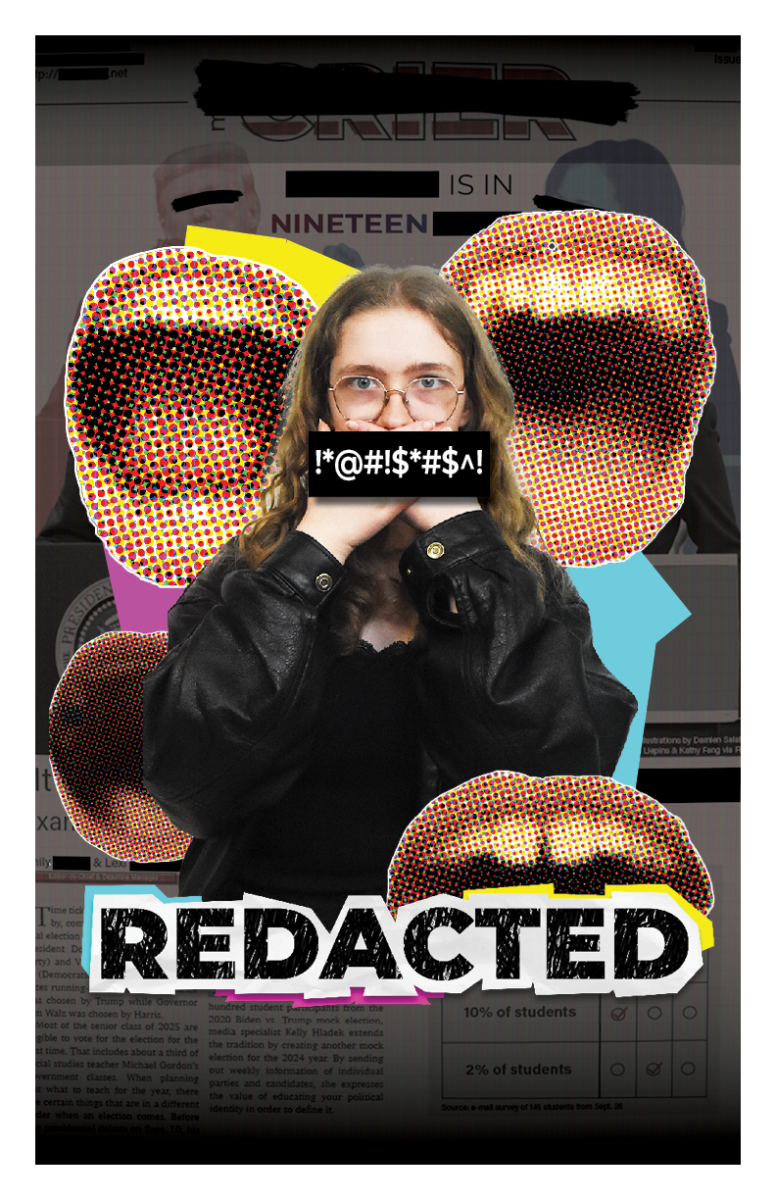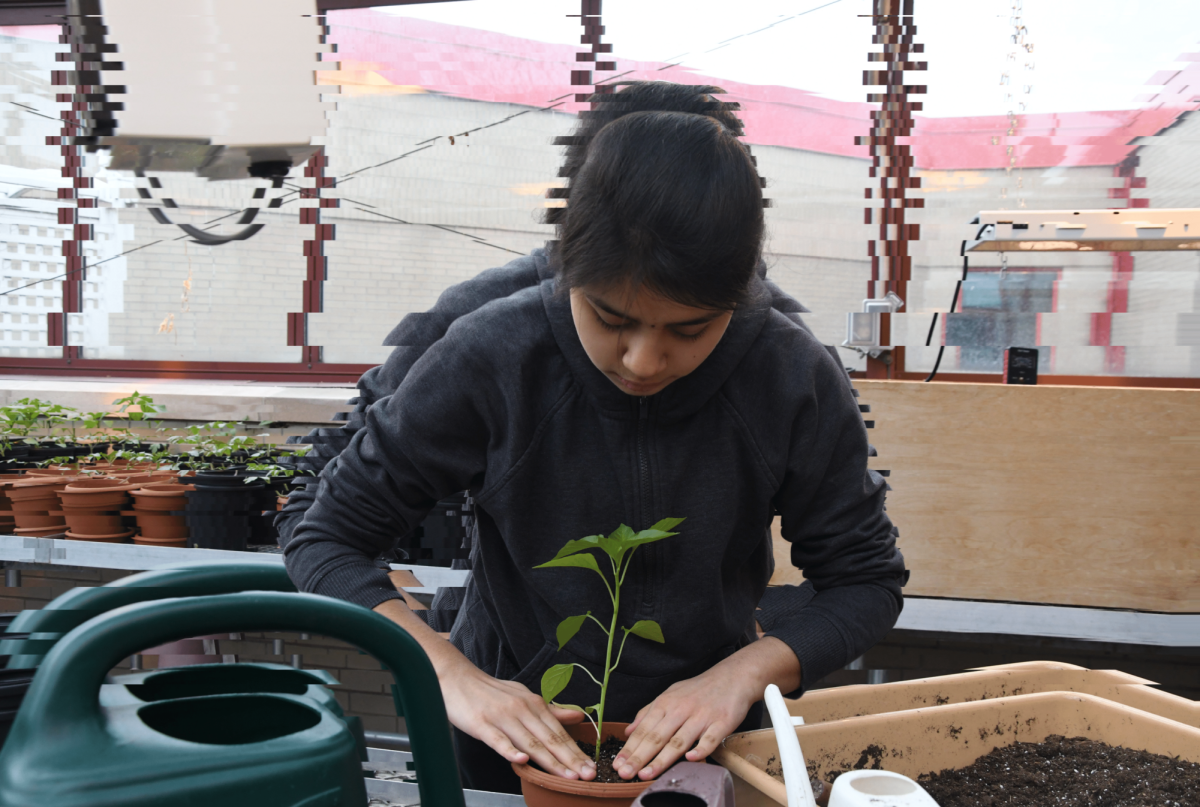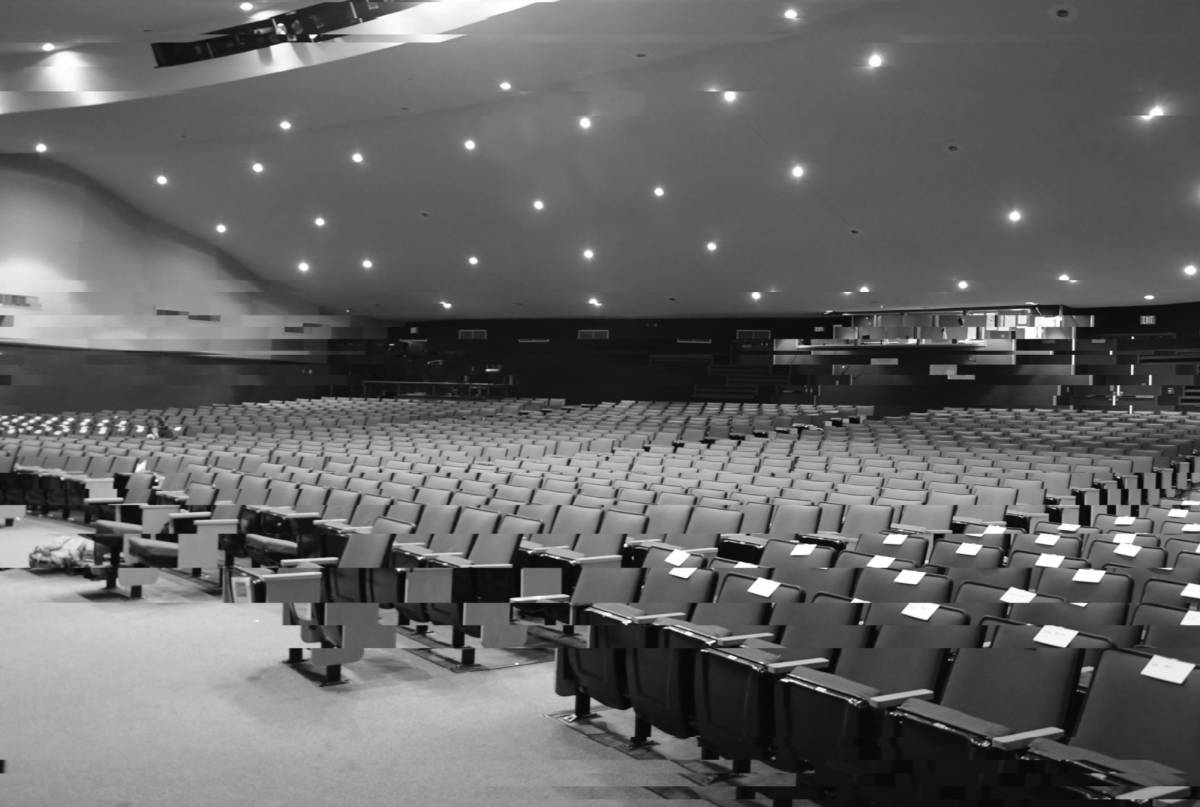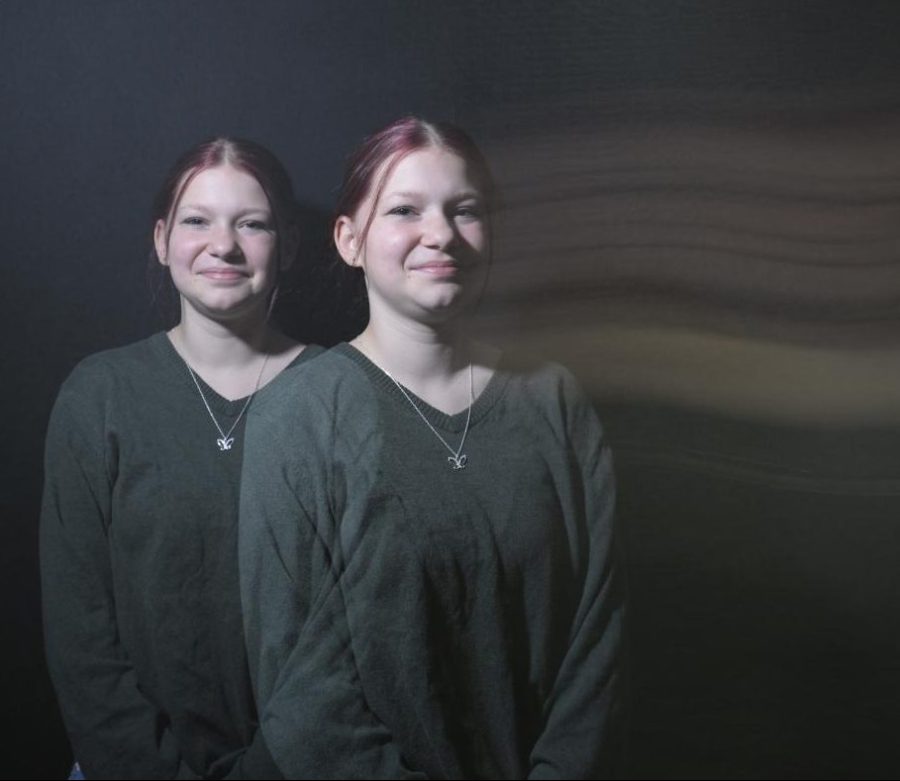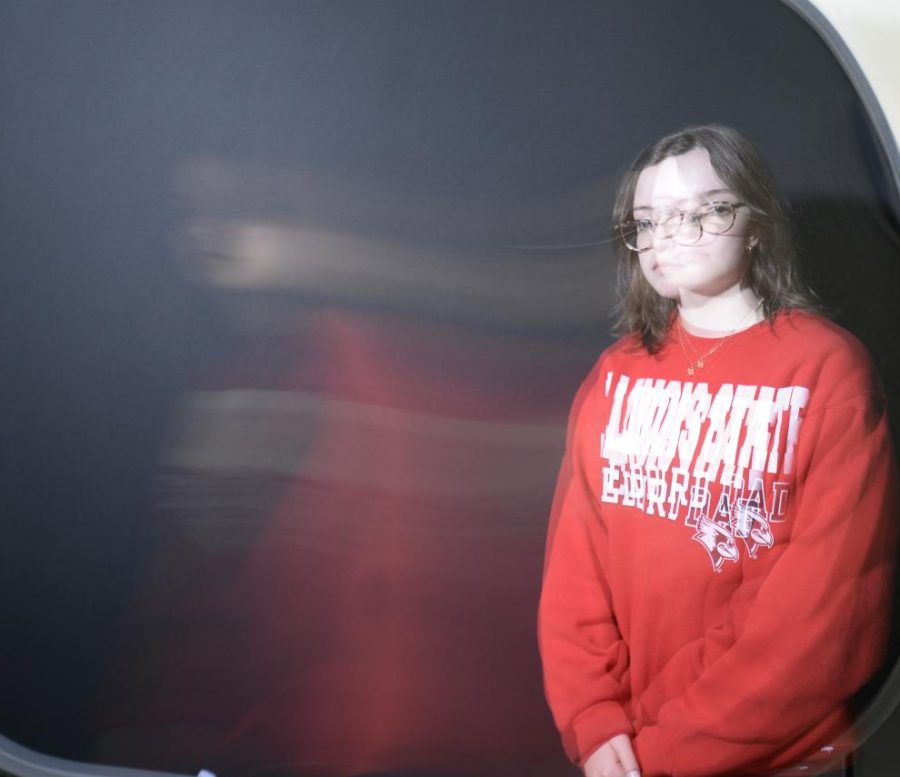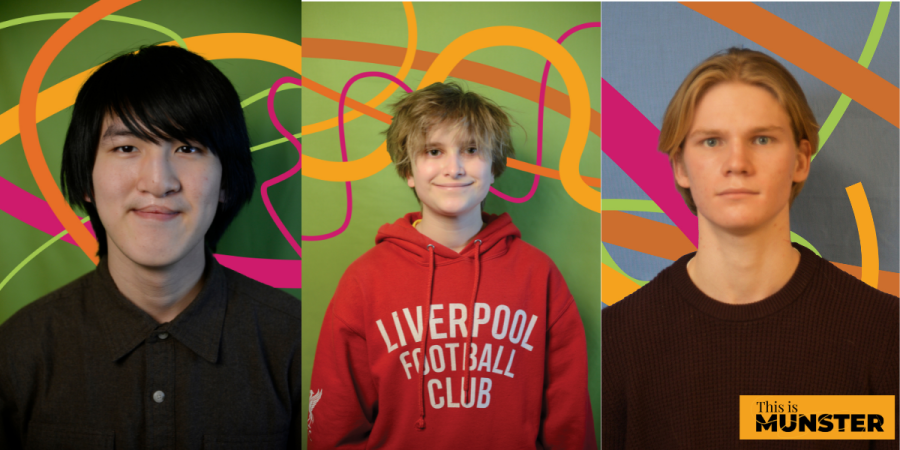Column: Similarity: the standard for sympathy
March 23, 2022
When I first saw a news correspondent say that the situation in Ukraine differs from the Middle East because it is “civilized” and “European,” my jaw dropped.
I was furious, both at the nature of the statement but also its complete ridiculousness. I thought it was a one time thing—a racist, ill-informed newscaster that had no place as a journalist. But as I read more and more, I realized this was an overarching theme with the news coverage of Ukraine.
The coverage has been nothing short of horrifying—such as that CBS News correspondent stating that Ukraine isn’t like the areas in the Middle East, or another NBC news correspondent putting it “bluntly”: that these refugees are not from Syria, but “they’re Christian, they’re white, they’re very similar.”
Why does it take “familiarity” for not only reporters to sympathize with refugees who suffer, but for their audience to sympathize as well? There are such double standards when it comes to evoking sympathy for refugees—a concept that should be inherently based on human decency. In retrospect, I should not have been surprised; there has always been overwhelming backlash when it came to areas in the Middle East, such as Palestinians fighting back against Israeli occupation. People have always been so quick to place the label of “terrorist” when it comes to Muslims defending themselves as opposed to others. Suddenly, the basic values people claim to have are nowhere to be found.
Providing sympathy and aid for refugees is not a case-by-case basis hinged on race or ethnicity. This issue is not just prevalent in the media, but many refugees of color fleeing Ukraine have faced discimination from neighboring countries for not being “real Ukrainians.” On BBC News, Ukraine’s deputy chief prosecutor explained his sadness for the situation in seeing people killed as “European people with blonde hair and blue eyes.” There is a broad sense of discrimination for anyone that is not strictly white, including Ukrainians. The issue further presents itself as we berate Palestinians and others from the Middle East and North Africa for mere existence, as though their causes are any less devastating. There should not be any level of acceptance when it comes to individuals being killed.
These news channels are clearly sending a message, and I am tired of seeing a particular narrative illustrated—that the Middle East is simply a foregone conclusion. Every refugee is deserving of sympathy, and my heart goes out for those in Ukraine, as well as all others in the world.










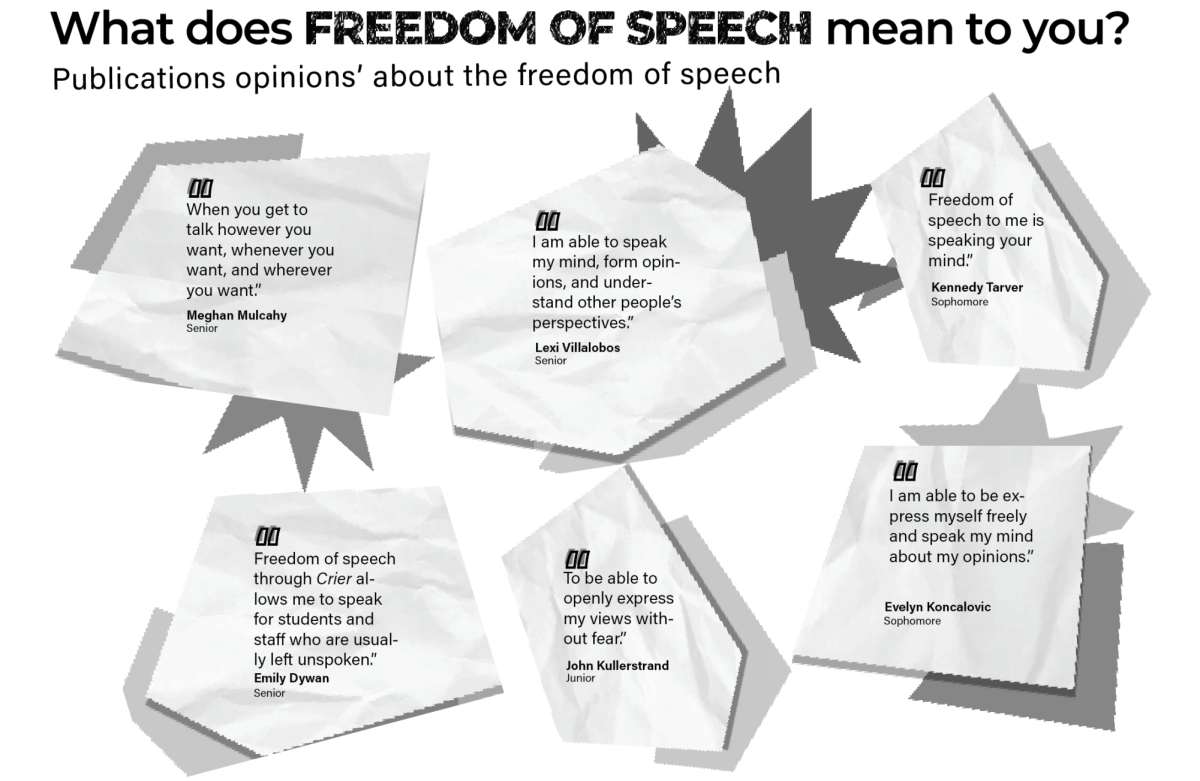







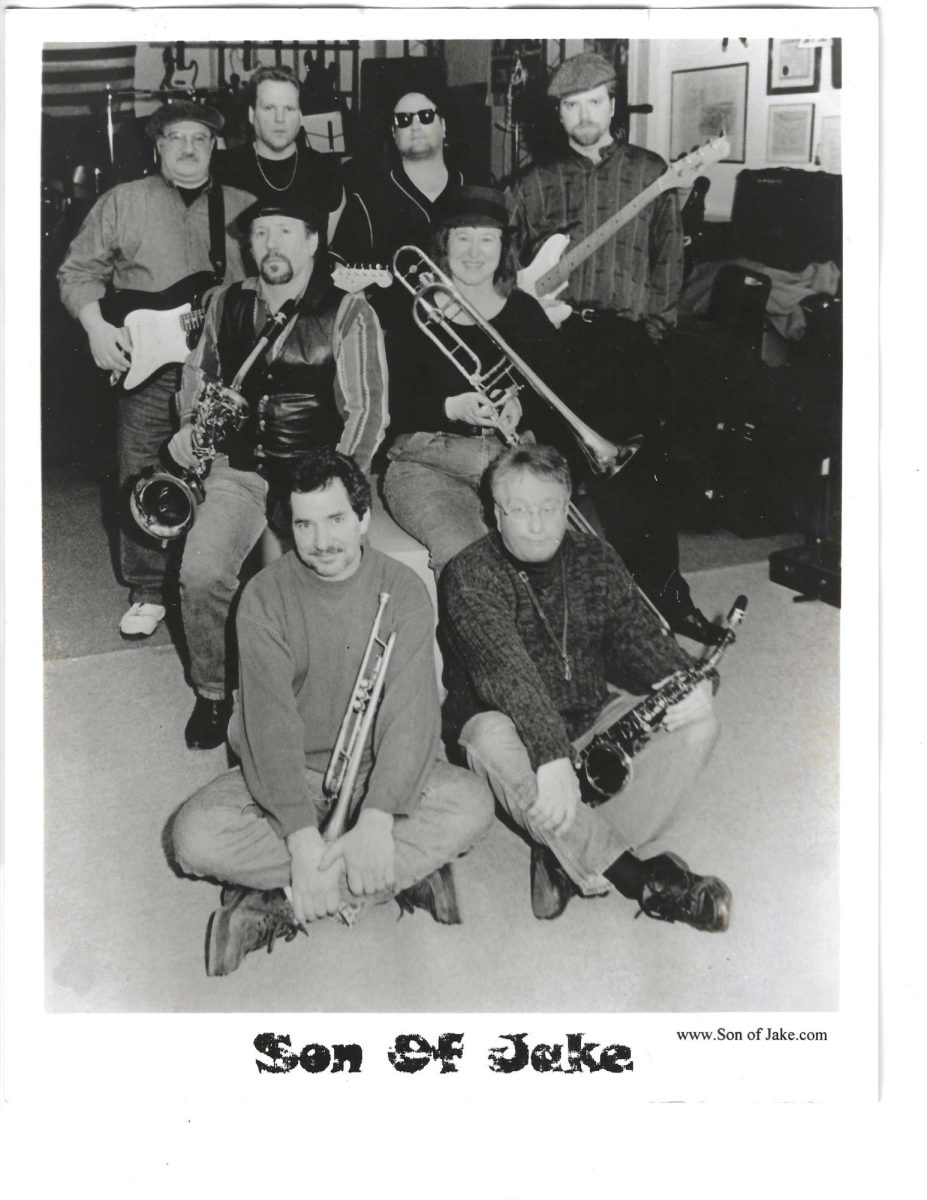
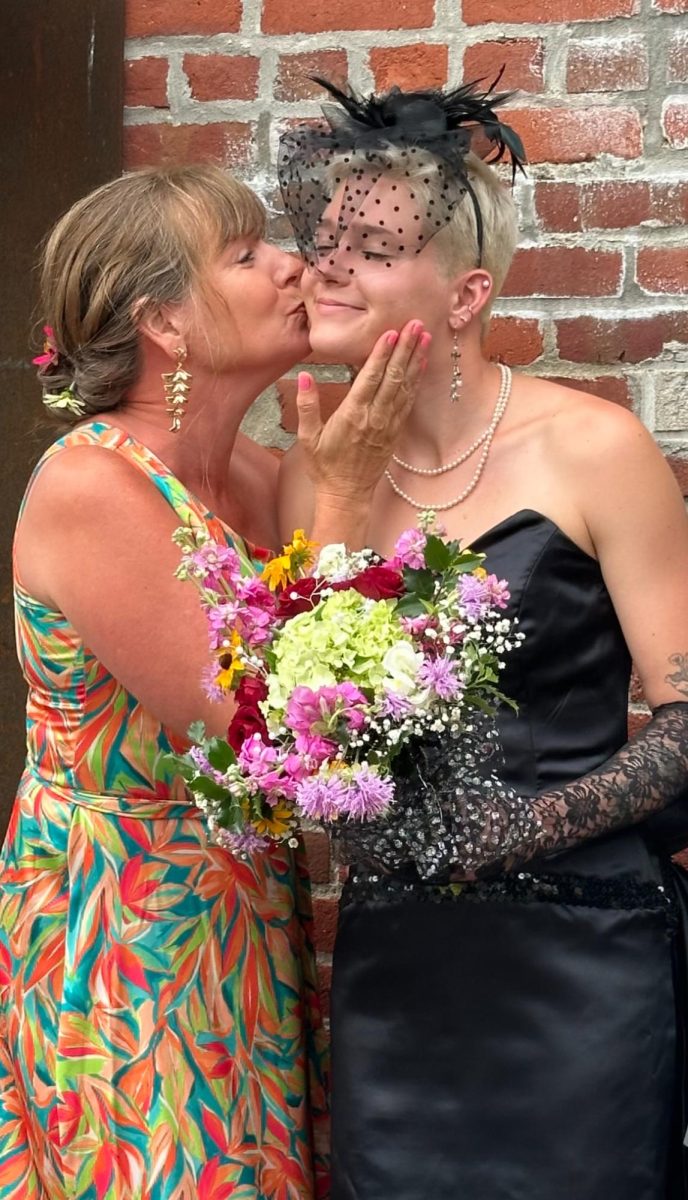






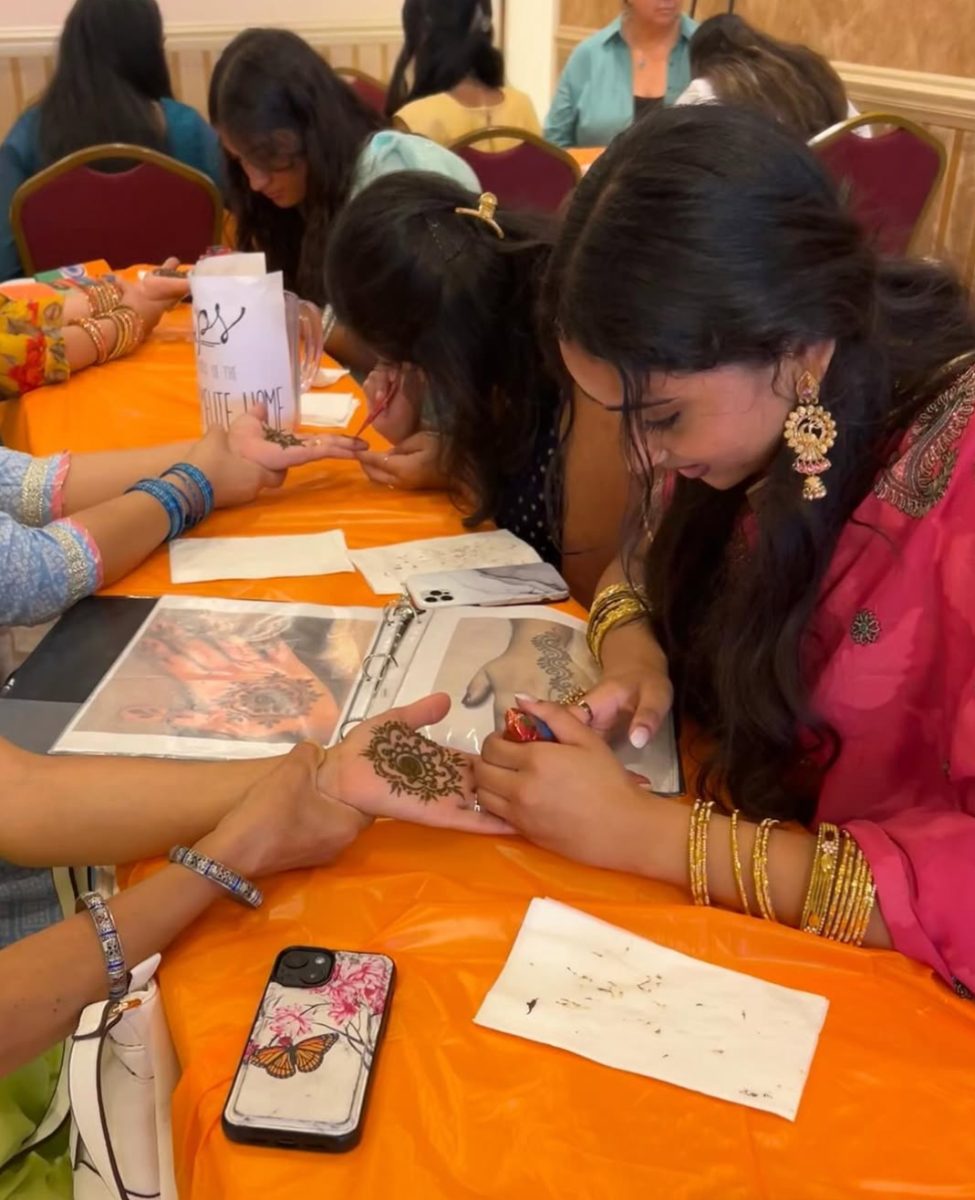
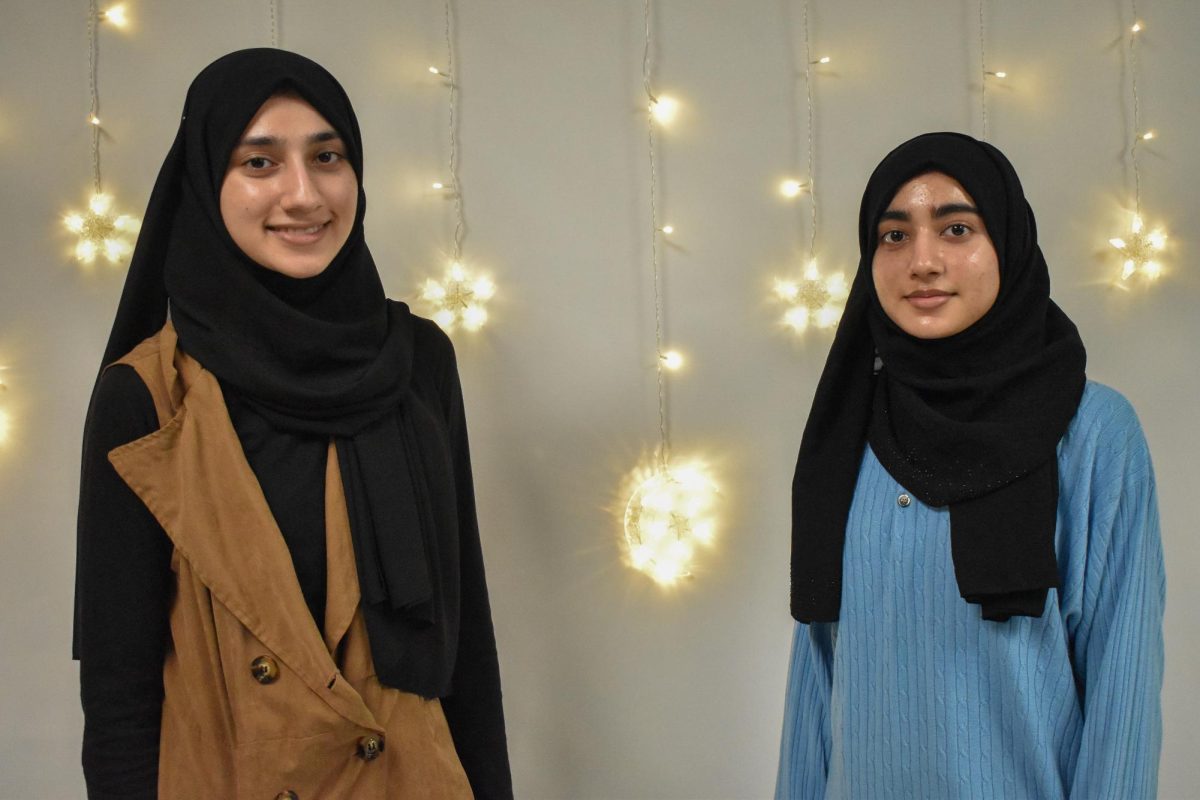



![SNAP HAPPY Recording on a GoPro for social media, senior Sam Mellon has recently started a weekly sports podcast. “[Senior] Brendan Feeney and I have been talking about doing a sports podcast forever. We love talking about sports and we just grabbed [senior] Will Hanas and went along with it,” Mellon said.](https://mhsnews.net/wp-content/uploads/2025/04/sam-892x1200.png)
